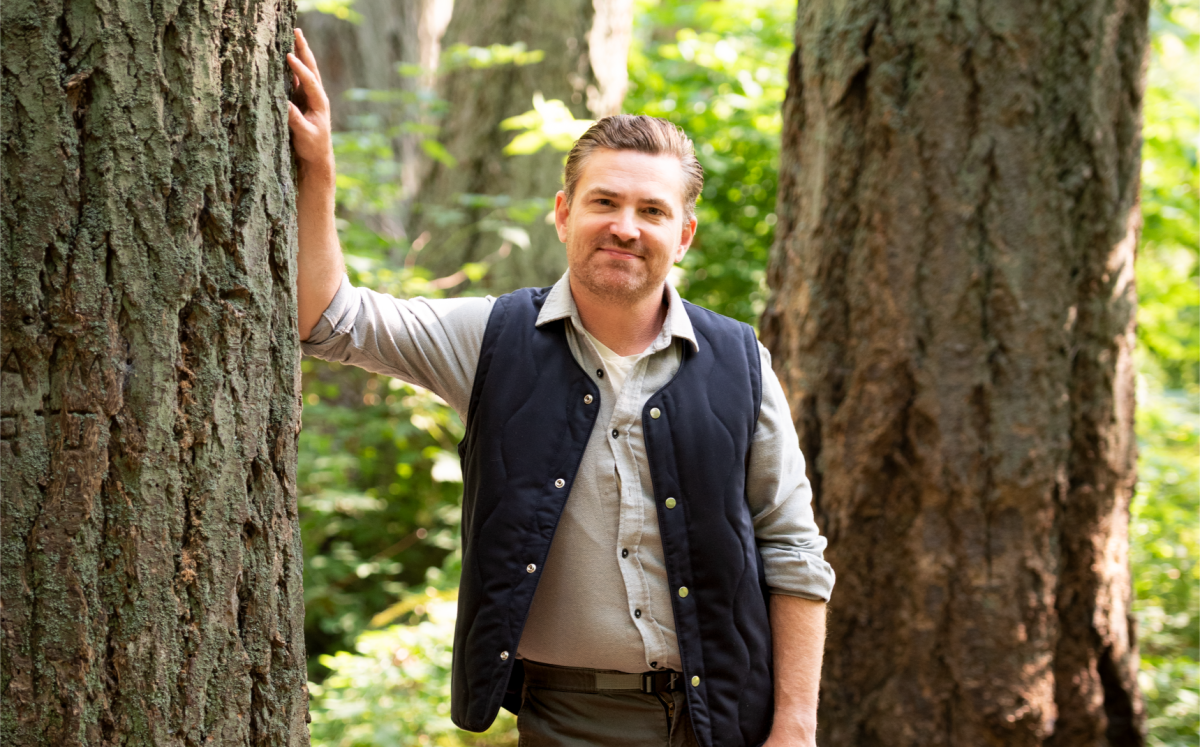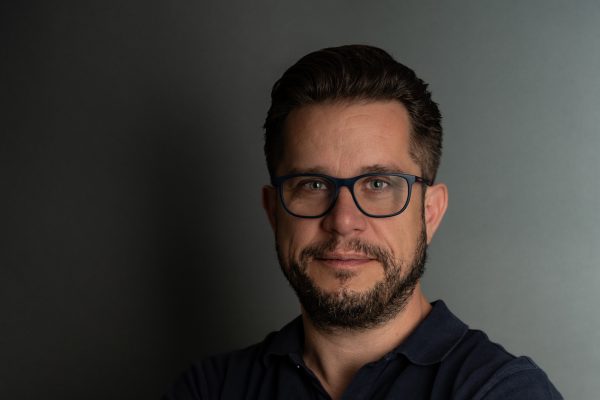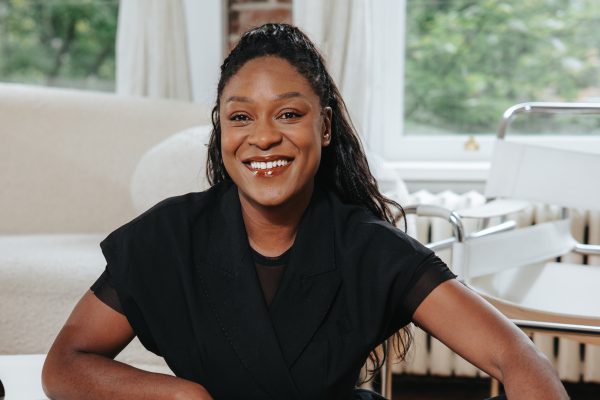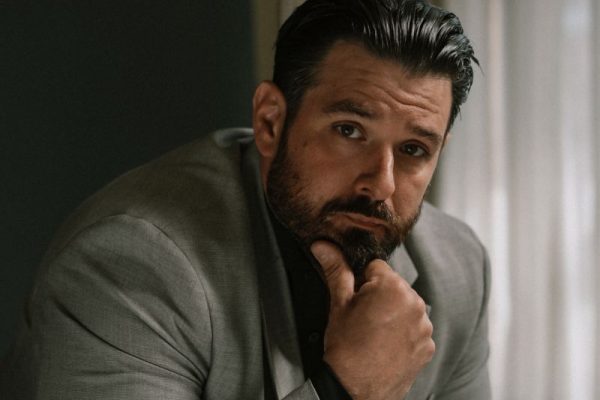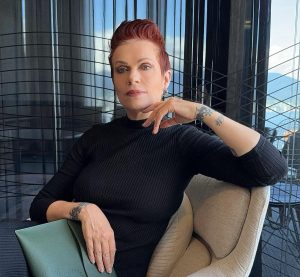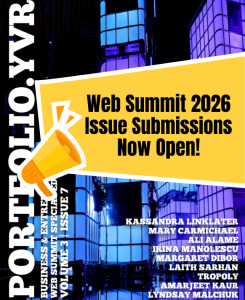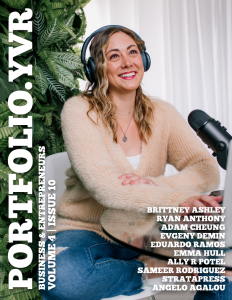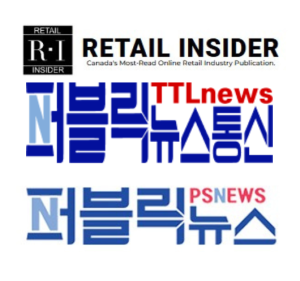Chad Quinn is the Founder and CEO of Achievement Unlocked, an education technology company based in Victoria, BC. Their e-learning platform, Language Foundry, partners with Indigenous communities, teachers, and school boards to revitalize and preserve low-resourced and at-risk languages. He has grown Language Foundry from an idea into a platform serving more than 10,000 students, 300 teachers, and 40 school boards across Canada and the United States, with plans to expand to 200,000 learners by 2027.
A product-minded builder, Chad blends ethical AI, community partnership, and operational excellence to create tools that help teachers, Elders, and learners thrive. Growing up on Thetis Island, his early experiences there and on its sister island, Penelakut, ignited a passion for connecting education with culture. Before founding Language Foundry, Chad worked across product, strategy, and community engagement roles, developing a reputation for translating complex problems into simple, human-centred solutions.
Beyond his company, Chad is committed to strengthening Victoria’s tech ecosystem through VIATEC’s CEO Roundtable, BOOST Accelerator, inclusive hiring initiatives, and mentorship of emerging founders and students. Outside of work, he is an avid home cook, a sailor, a scuba diver, and a lifelong learner.
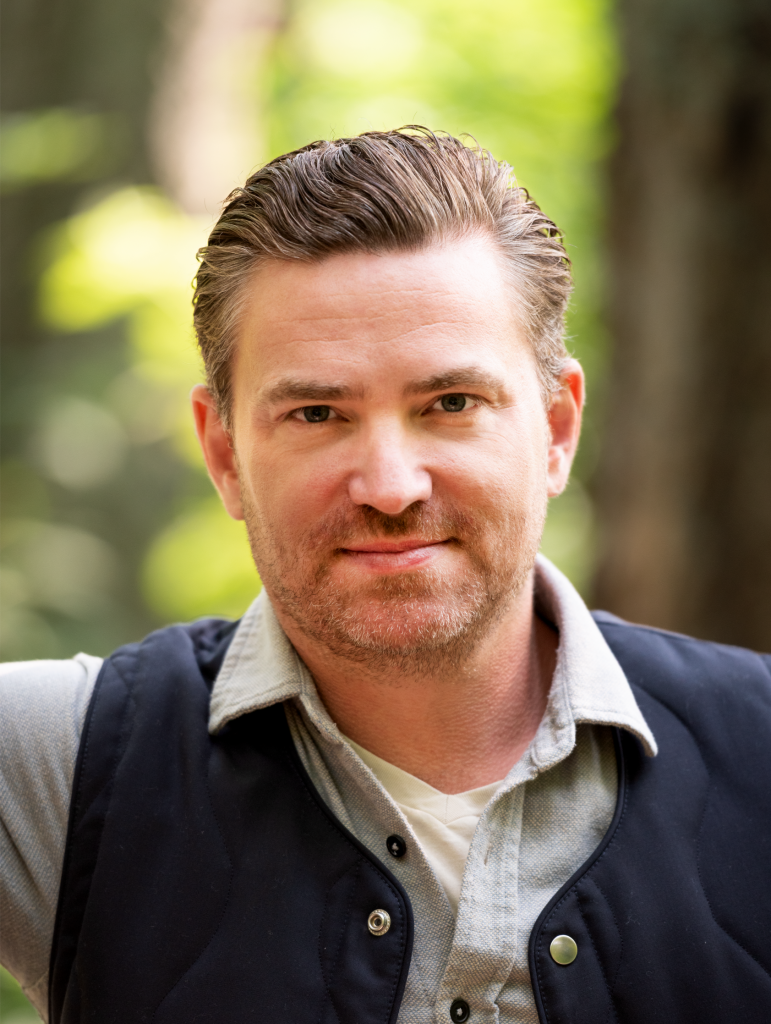
THE BUSINESS.
Language Foundry is a mission-driven e-learning platform that provides communities with the tools to revitalize and preserve their languages. The platform is co-designed with Elders, teachers, and learners to create culturally grounded solutions that deliver an engaging and enjoyable online experience.
Using avatars capable of natural speech and audio-first content, Language Foundry is fully customizable for low-resourced languages, enabling self-directed, community-led revitalization. By equipping communities with tools and platforms, it empowers them to reclaim their languages and teach them to new learners, while also providing teachers with flexible delivery options that save valuable time.
Beyond software, Language Foundry prioritizes relationships through long-term partnerships, fair licensing agreements, and collaborative content production that safeguards sovereignty and amplifies local voices. The company has partnered with Indigenous Nations, school boards, and Ministries of Education across Canada and parts of the United States, reaching more than 10,000 students, 300 teachers, and 40 school boards, all with full ownership of their customized content.
By combining respectful data practices with modern product design, Language Foundry helps communities capture knowledge, create interactive lessons, and deliver engaging practices both in the classroom and at home.
The goal is simple yet ambitious: to make language learning joyful, sustainable, and scalable, while honouring the unique protocols and priorities of each community.
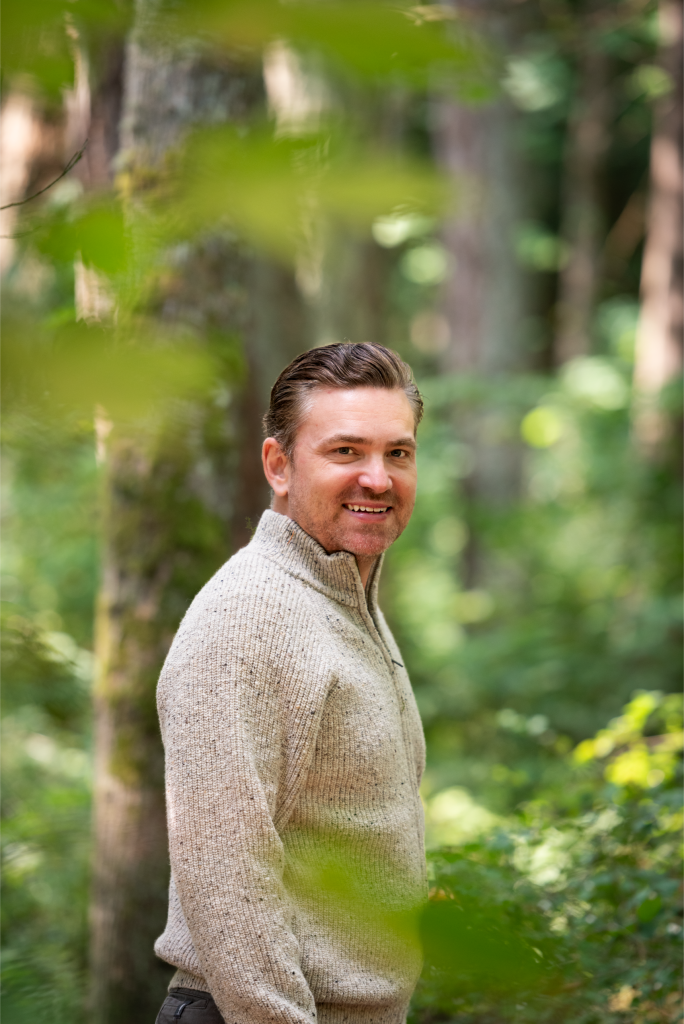
IN HIS WORDS.
“I first recognized my entrepreneurial spirit when I realized that I was most alive at the intersection of a real human need and a practical solution I could build. There was never a single dramatic moment, but rather a series of connected experiences that led me towards entrepreneurship. In language revitalization, this became more than a career—it became a calling.
At the outset of this journey, I came across a study showing that suicide rates in communities decline drastically when individuals are connected to their language. That became our north star. With so many Indigenous languages – and thousands of others worldwide – at risk of extinction, I realized that this work is truly a race against time.
I was also meeting with Elders and teachers who carried wisdom, stories, and songs that were not reaching the classroom at scale. I knew I could create the tools to help them preserve their voices and languages.I met teachers and Elders who carried wisdom, stories, and songs that were not reaching the classroom at scale. I knew I could create tools to bring their voices and languages forward.
At the same time, I saw that many teachers tasked with delivering Indigenous language content did not actually speak the languages themselves. That was when I set out to build a platform that could bridge the gap—helping teachers deliver lessons that were engaging and culturally aligned, while also allowing them to learn alongside their students. For me, entrepreneurship is a craft: listen deeply, design with care, prototype quickly, learn out loud, and keep going until the work truly serves the people it is meant to help.
My first big idea was that communities should be the authors and owners of their language learning, and that technology should follow culture, not the other way around. We began by co-designing with Knowledge Keepers and educators, mapping their workflows, and turning them into simple, repeatable product patterns. We started with small pilots, shipped quickly, measured outcomes, and listened closely. By respecting protocols, licensing content fairly, and building role-based tools, we made it easier to create curriculum, record voices, and deliver joyful practice daily. The idea scaled not because it was clever, but because it felt right. That sense of alignment created momentum, invitations, and trust, which remain at the heart of Language Foundry today.
One of my most memorable early business experiences happened when we first presented the platform at the Algonquin Conference. It felt like a make-or-break moment—our chance to discover whether there was true market fit for Language Foundry. After our demonstration, the response was overwhelming. A young man approached me in tears, excited to use the platform with his family.
That moment showed me the impact we could have, and to this day I continue to meet people who are deeply moved by the work. My journey with Language Foundry has evolved from founder-as-doer to founder-as-builder-of-systems. In the beginning, I did everything—writing copy, leading sales calls, mapping product requirements, and building the platform from the ground up. As we grew, my work shifted toward setting strategy, creating operating rhythms, and empowering leaders to succeed.
Earlier in my career, I had already moved from developer to Chief Culture Officer, and those experiences gave me both the technical and leadership skills to guide the organization. Opportunities came from communities that invited us to co-create, while challenges forced us to balance speed with respect for protocols and the realities of building speech technology for low-resource languages. We overcame setbacks by being transparent, learning quickly, and staying focused on our mission.”
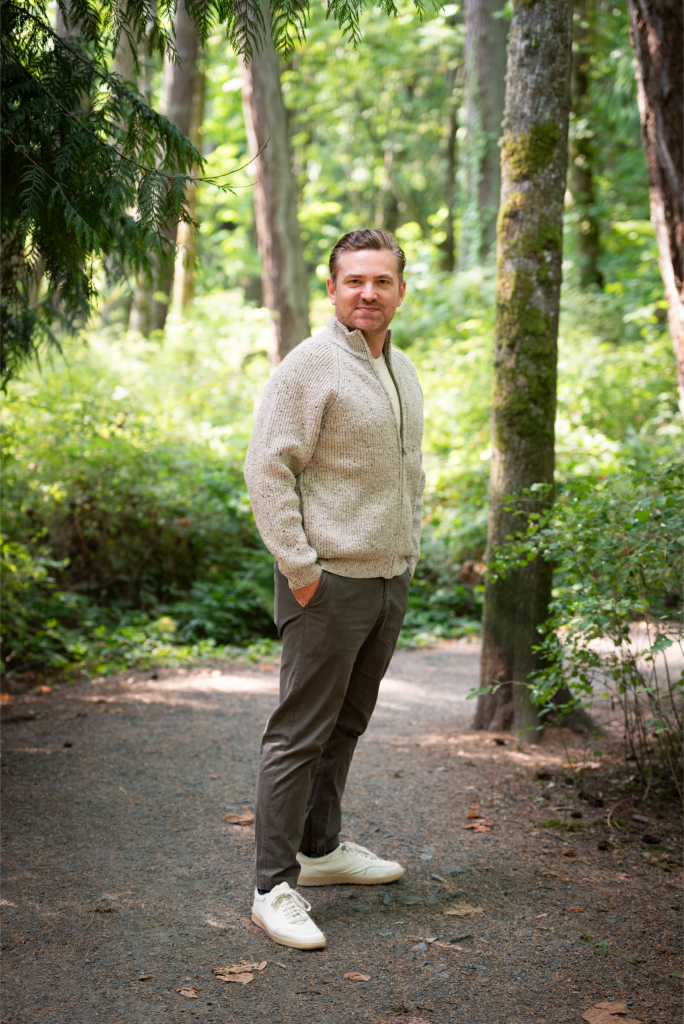
“I have been involved in many ventures that combined education, product design, and community building. Each began with a clear problem and a group of people I respected who wanted to solve it with me.
Some projects became features within a larger platform, some grew into partnerships, and others were retired when the data or timing was not right. The consistent thread was always craft and service: do work that matters, deliver honest results, and direct resources where they will have the most impact. Language Foundry itself began this way.
What started as a small project to create a conjugator evolved into a much larger vision—avatars, text-to-speech systems, flashcards, and curricula—all designed to give teachers and students seamless tools for language revitalization. Scaling Language Foundry required discipline. We narrowed our focus to the partners who would benefit most, standardized onboarding and curriculum workflows, invested in teacher tools and student engagement features, and built a reliable operating model.
These steps improved margins, reduced implementation time, and created capacity for responsible expansion. Of course, entrepreneurship demands sacrifices. I traded certainty for possibility, personal time for product cycles, and comfort for the responsibility of serving communities well.
What kept me grounded was purpose, family, and a simple rule: no growth is worth violating our values. I created rituals around health, reading, and reflection. I learned to design my weeks so that deep work and leadership each had protected space. Those choices have made me a calmer, more effective leader, and they have also made the company more resilient. A pivotal moment for me was when teachers began recommending Language Foundry to other districts without being asked. Referrals surged, retention stayed at one hundred percent, and implementation quality improved. It was not about a single contract or a headline; it was the quiet confidence of educators saying, “This works.” That validation told me we had product-market fit and the right to scale.
I have been fortunate to learn from entrepreneurs, educators, and community leaders who value both rigour and kindness. They challenged me to simplify, ask better questions, and make decisions faster. I have also learned deeply from Elders, who reminded me that language work is sacred and that trust must be earned every day. Their guidance continues to shape how we approach licensing, data stewardship, and long-term partnership.
My leadership style has shifted as the company has grown. At first, I was the problem-solver. Now, I see myself as the architect of a system where problems are solved at the right level. Clear strategy allows us to foster a culture of listening, honest feedback, and initiative. When we drift, we correct by returning to our first principles: serve communities, deliver measurable student outcomes, and collaborate respectfully.
Values, I have learned, are not posters on a wall. They are the daily choices we make in how we build, hire, and partner. My advice to aspiring entrepreneurs is simple: start with a real problem, not a clever idea. Design with the people who feel the problem most, let outcomes guide your decisions, and protect your focus, energy, and values.
Ship, learn, and iterate faster than your fear. Over time, I have learned that success is less about achievement and more about contribution—building something useful, lifting others up, and leaving the system stronger than you found it.
Today, Language Foundry is a platform that helps communities create culturally aligned curriculum, voice avatars, and audio tools, while delivering joyful language practice in classrooms and at home. We build long-term partnerships that respect protocols, ease the workload of teachers, and strengthen outcomes for students.
Our ask is clear: we are looking for mission-aligned partners, introductions to school boards and Ministries of Education, senior hires across engineering, community success, and sales, and philanthropic partners to underwrite student access and Elder-in-residence programmes.
If you care about language, culture, and practical impact, we would love to connect. Looking to the future, my vision is for Language Foundry to become the go-to platform for language revitalization worldwide.
With more than 6,000 languages at risk, I believe we can help them not just survive, but thrive. In the near term, this means continuing our work in Canada, expanding in the USA, and reaching more than 100,000 learners across dozens of languages.
The legacy I hope to leave is simple: more speakers, more joy in learning, and stronger intergenerational ties—because language lives when people use it together.”
Photography by Leanna Rathkelly.
Author Profile
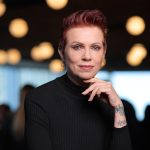
- This story is created in collaboration between Helen Siwak and the featured subject. As the founder and publisher of Portfolio.YVR Business & Entrepreneurs Magazine, Helen works closely with entrepreneurs to share their paths of innovation, resilience, and growth. Each story in this series is co-developed through interviews and first-person insights, blending authentic voices with Helen’s editorial expertise to highlight the remarkable individuals shaping British Columbia’s business landscape.
Latest entries
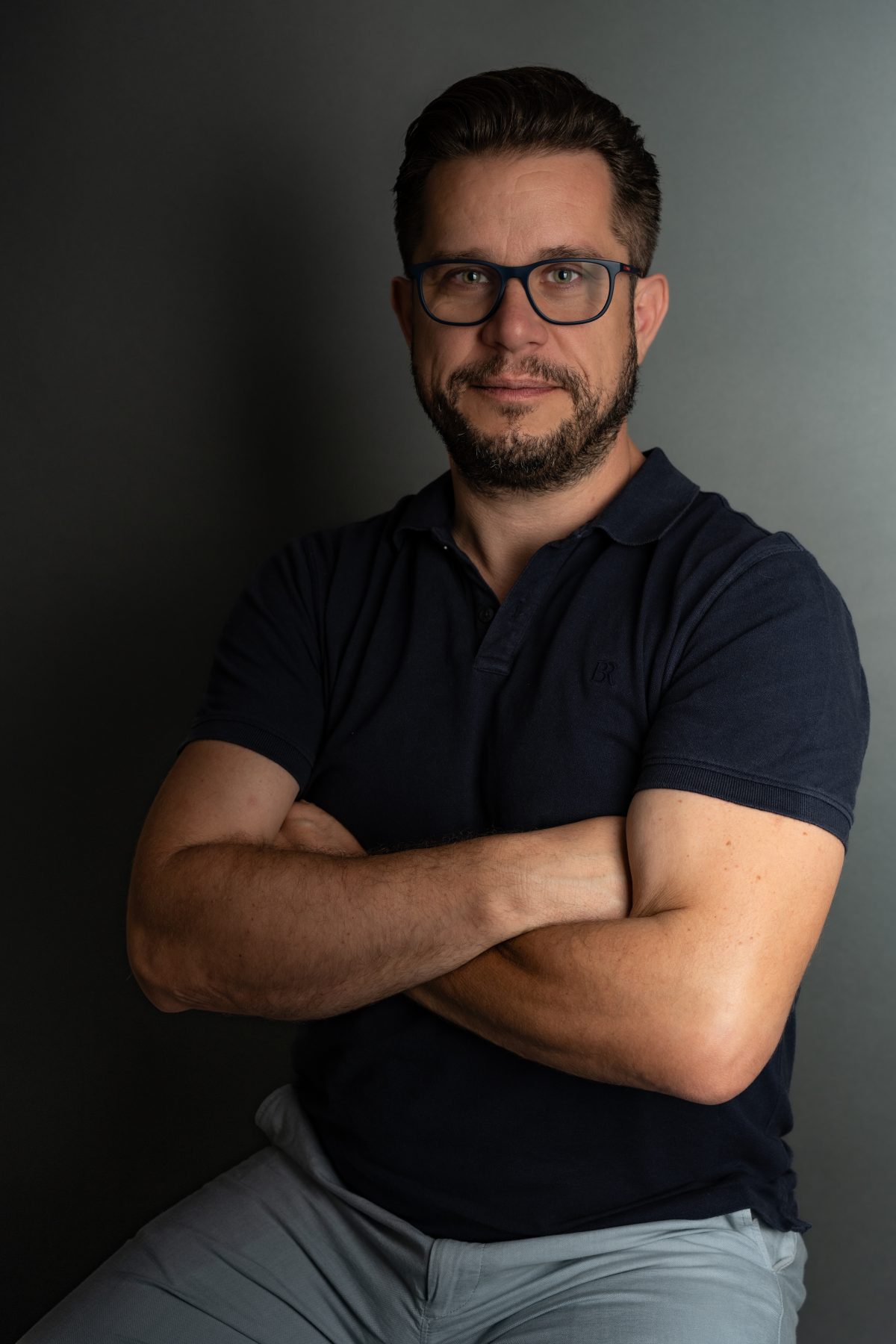 People of Portfolio.YVRFebruary 23, 2026Marko Sarunac Announces QRbolt Achieves GS1 Canada Qualified Solution Provider Status
People of Portfolio.YVRFebruary 23, 2026Marko Sarunac Announces QRbolt Achieves GS1 Canada Qualified Solution Provider Status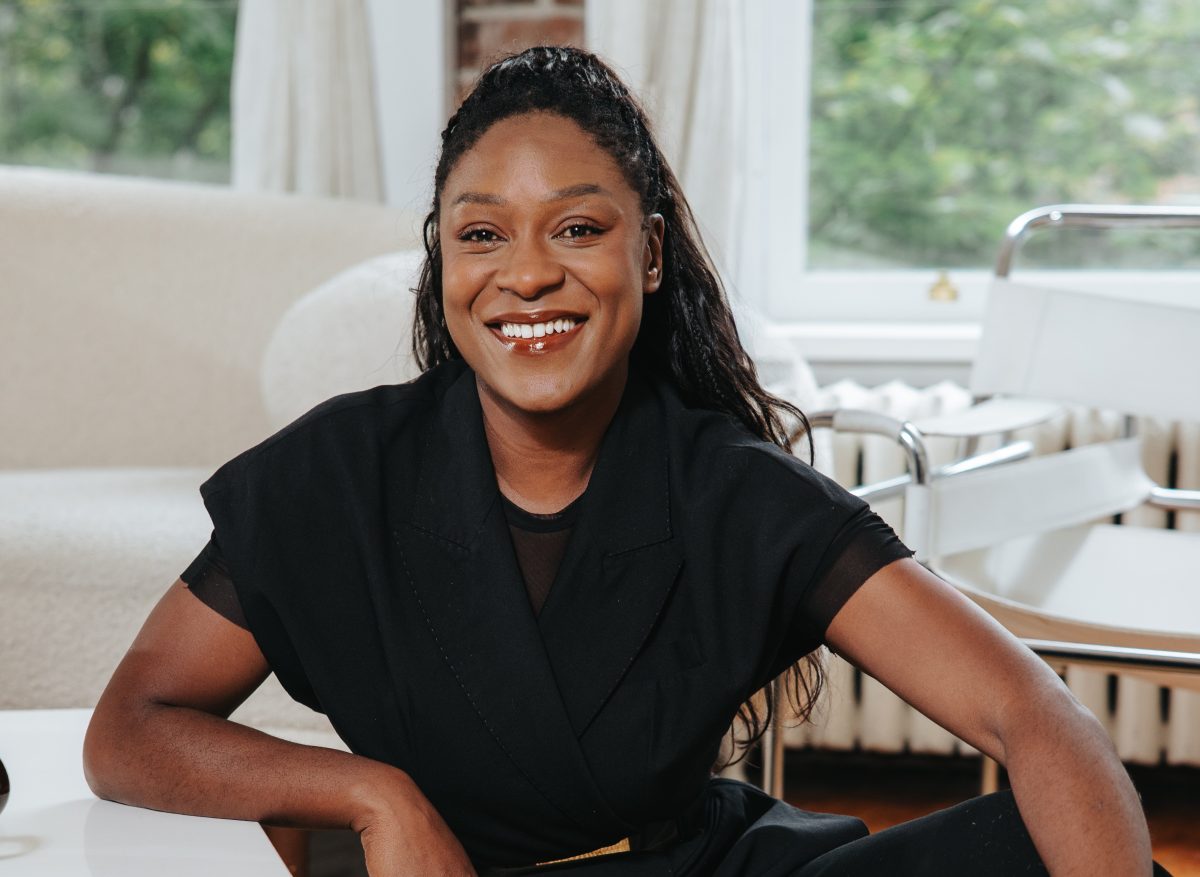 PORTFOLIO.YVRFebruary 19, 2026Ally R. Potel: From Observation to Impact, Leading Thoughtful Experience Design Through Flyberry Group Inc.
PORTFOLIO.YVRFebruary 19, 2026Ally R. Potel: From Observation to Impact, Leading Thoughtful Experience Design Through Flyberry Group Inc.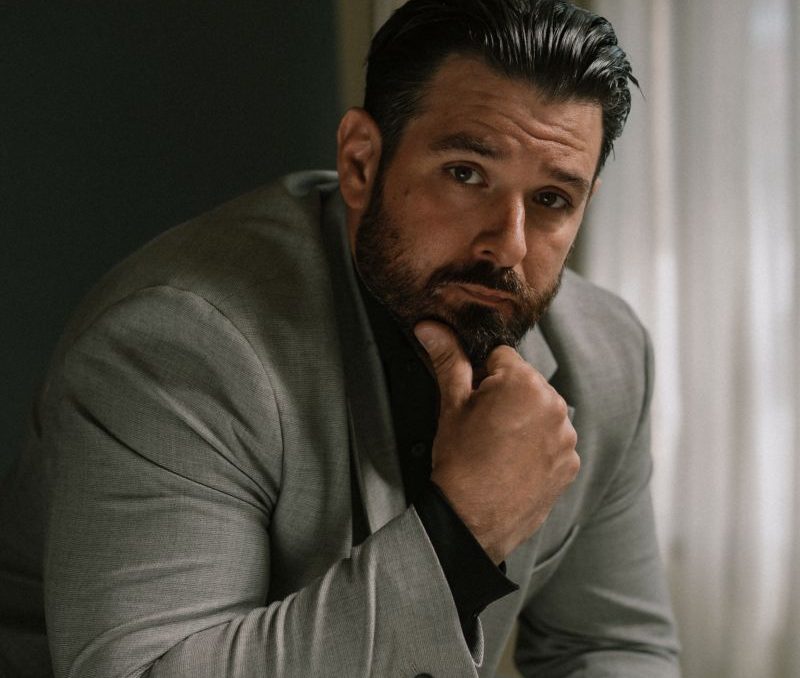 PORTFOLIO.YVRFebruary 19, 2026Ryan Anthony: Where Strategy, Sales, and Human-Centred Leadership Converge at Outcomes. Not Ideas.
PORTFOLIO.YVRFebruary 19, 2026Ryan Anthony: Where Strategy, Sales, and Human-Centred Leadership Converge at Outcomes. Not Ideas.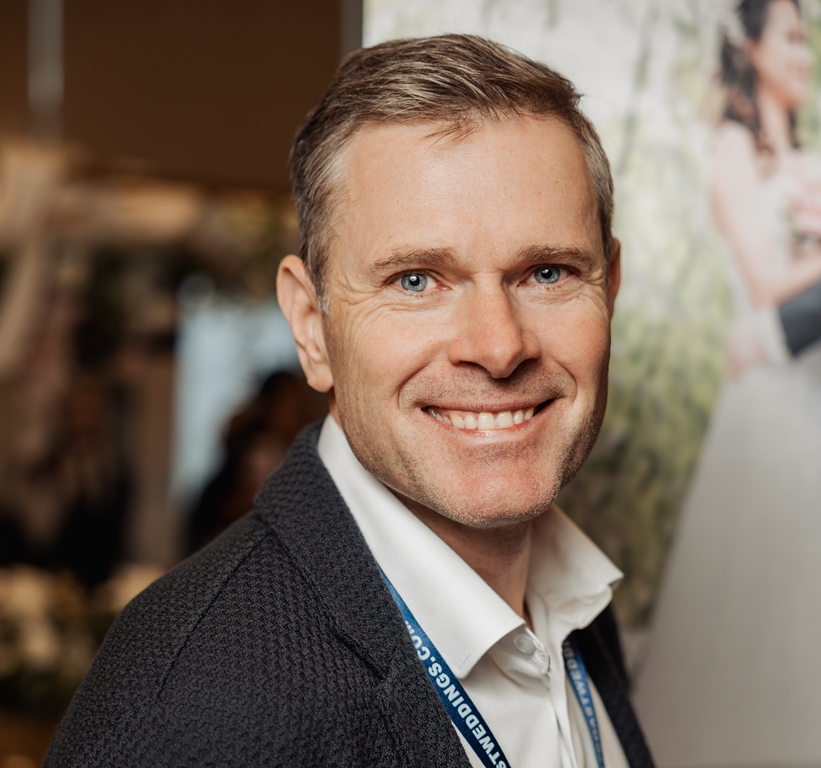 PORTFOLIO.YVRFebruary 18, 2026Evgeny Demin: Building a Versatile Visual Practice Through Demin Photography
PORTFOLIO.YVRFebruary 18, 2026Evgeny Demin: Building a Versatile Visual Practice Through Demin Photography
